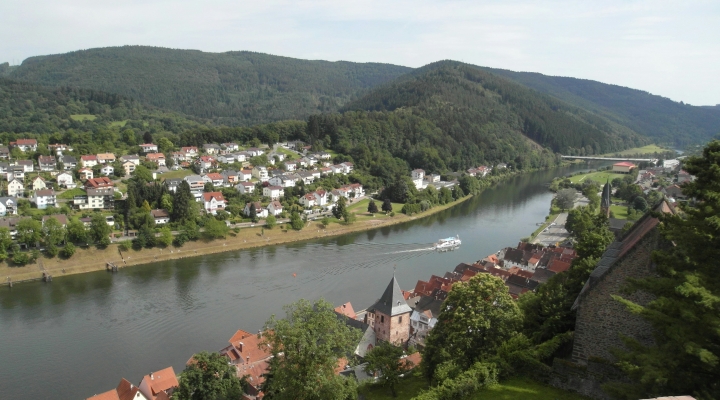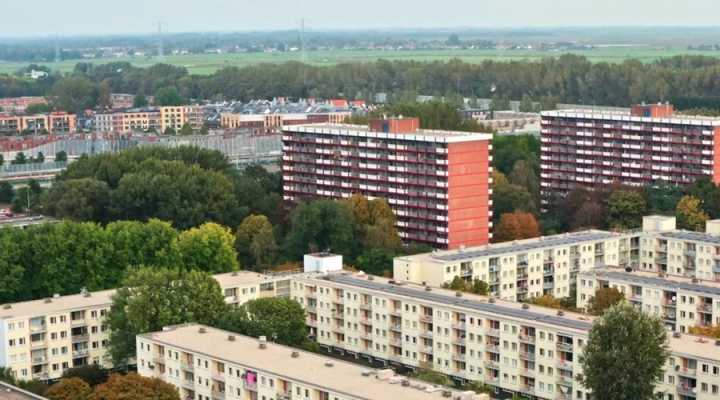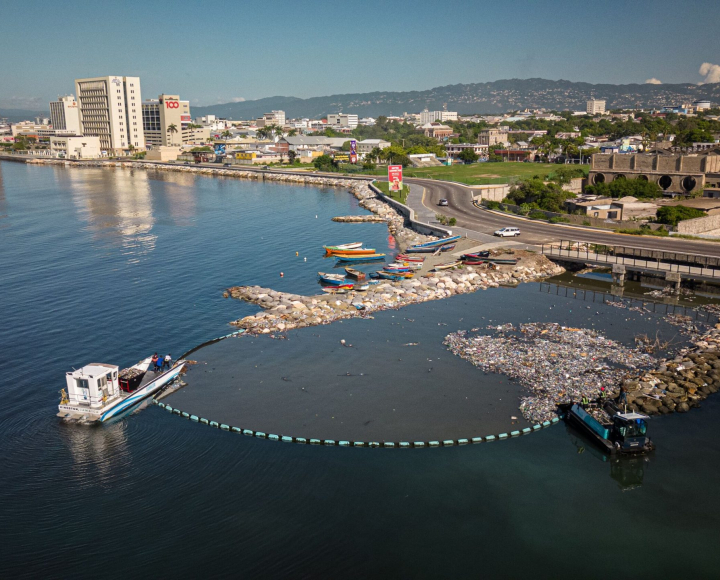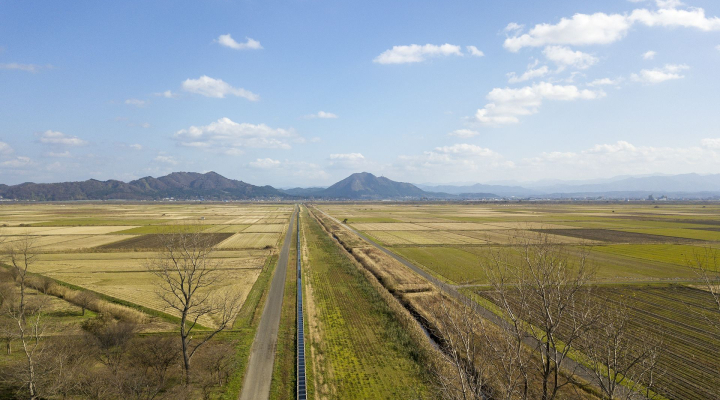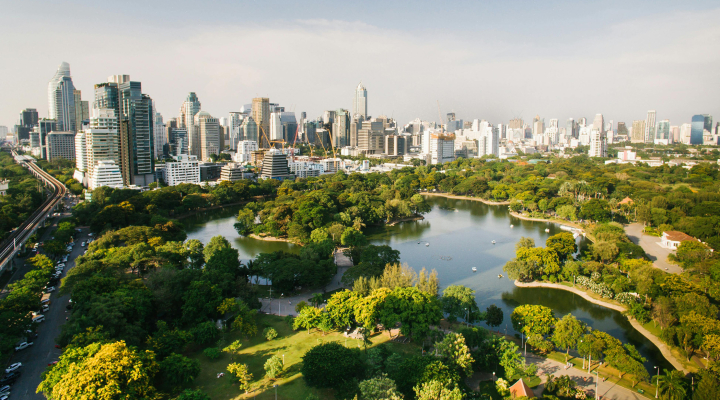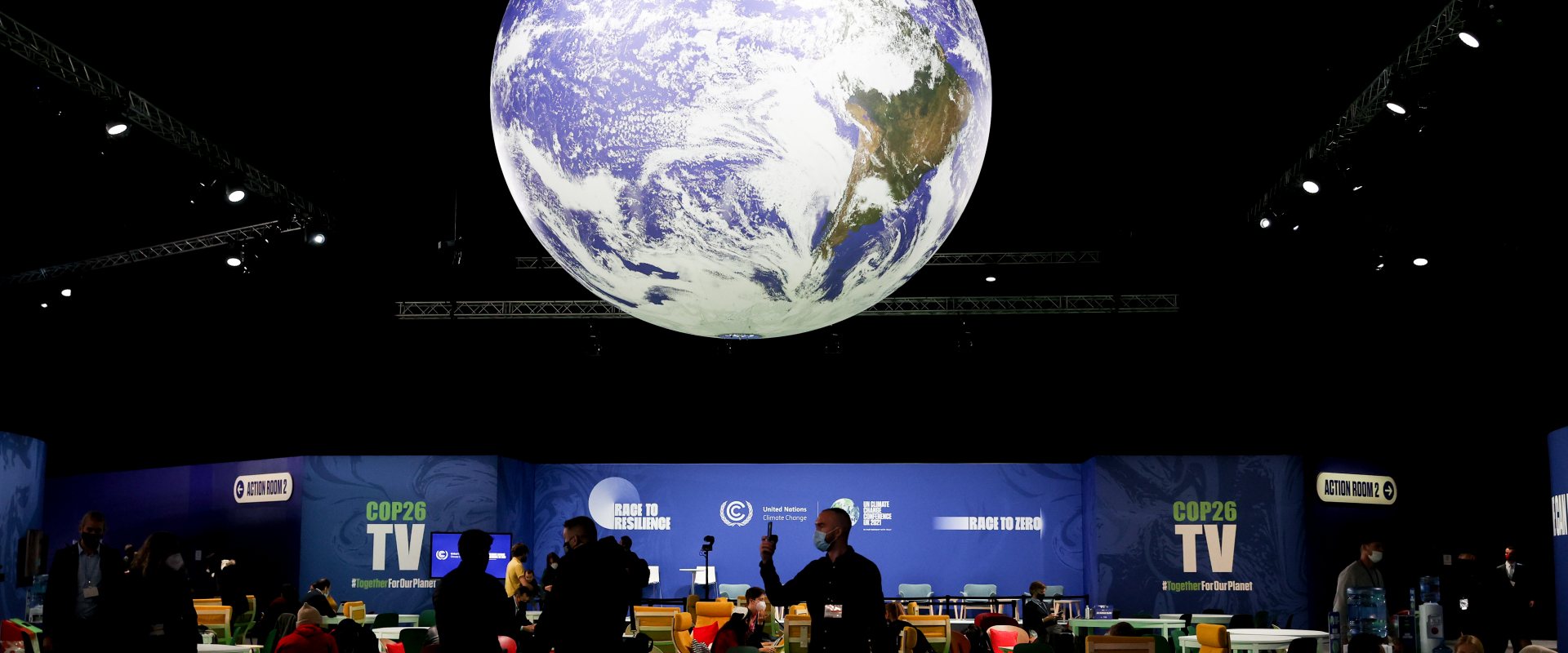
COP26 gives new meaning to global water footprint
Under the leadership of the UK and Malawi governments, several countries and companies promised to introduce a fair water footprint in order to minimize the impact on water resource both nationally as well as internationally.
The declaration for Fair Water Footprints was signed by UK, Austria, Finland, Madagascar, Malawi, Panama, Peru and the Netherlands, at the COP26 in Glasgow on 5 November.
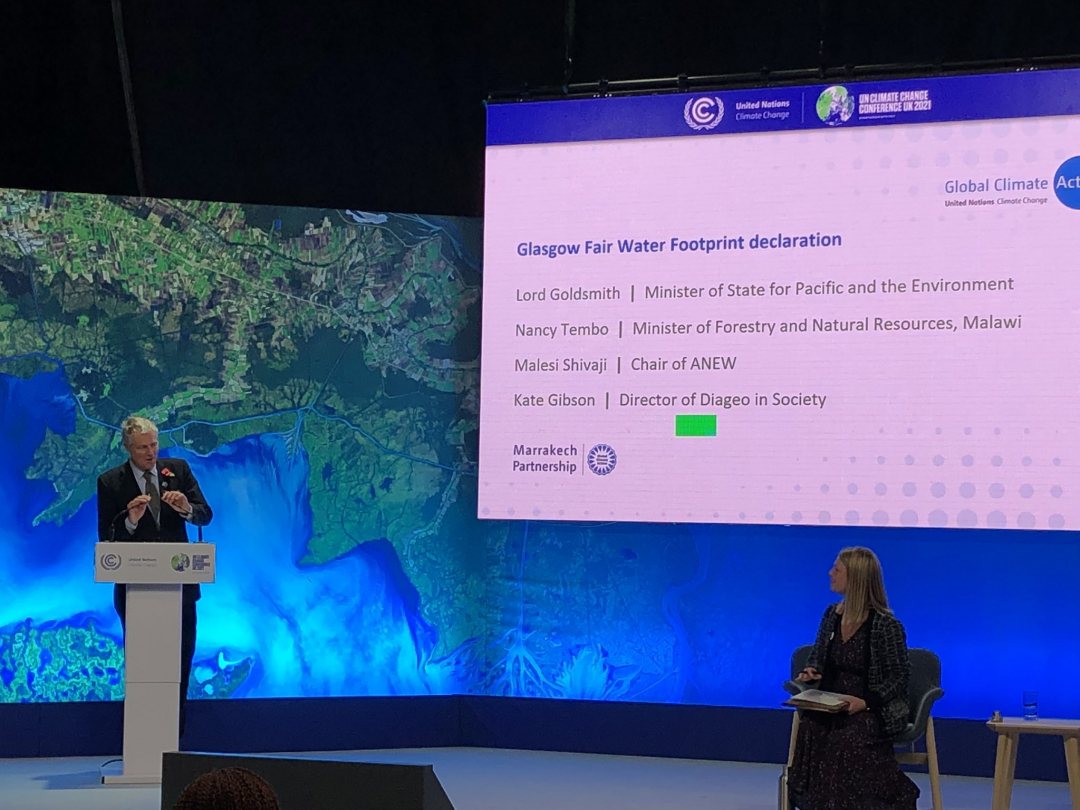

Responsible use of water
Initiator of the declaration is Water Witness International, a charity that works to improve the way rivers, streams, lakes and aquifers in developing countries are managed. The declaration calls on businesses, governments, external support agencies and individuals to join a collaborative effort to change the way we interact with water and to harness the power of our water footprints to ensure that they drive fair, sustainable and resilient water use by 2030.
A fair water footprint is not the same as reducing the use of water, but more about using it responsibly. The objectives as defined in the declaration are: zero water pollution, sustainable withdrawal from water resources, access to water supply and sanitation for everybody, working with nature, and effective planning for drought and floods.
According to Water Witness International a fair water footprint will help to deliver SDG6 by 2030, enabling millions of people to become more water secure and climate resilient. Next to the seven countries the declaration was also signed by Unilever, Diageo, ACTIAM, Water Witness International, WaterAid, Carbon Disclosure Project and Water footprint network.
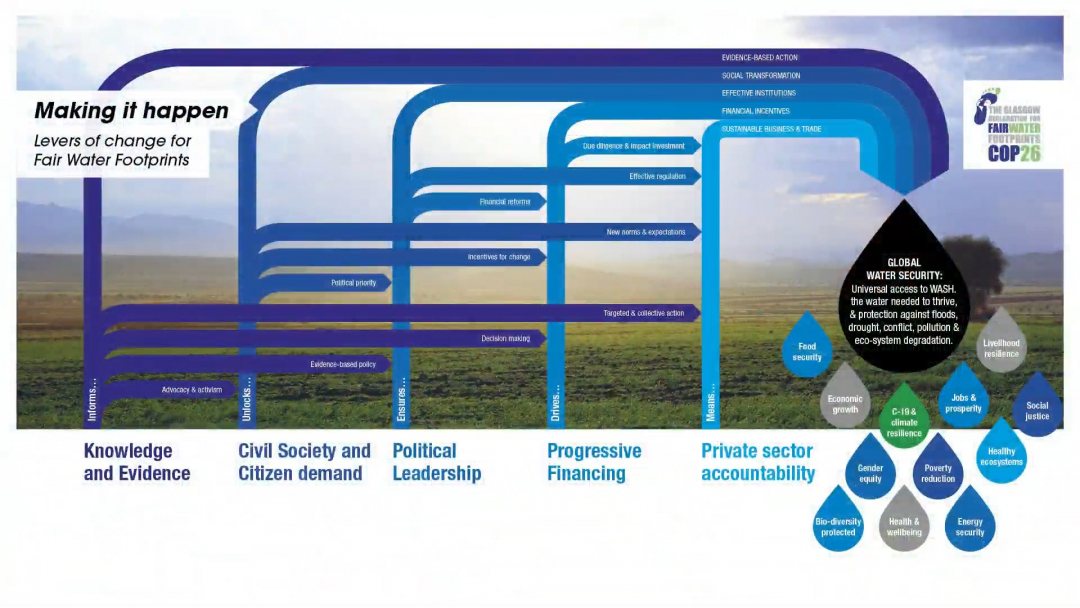

Water use per product
The concept of the water footprint originates from a study by Tony Allen on the water use to produce consumer goods that were imported by water scare countries in the Middle East. Allen called this ‘virtual water’.
Dutch professor Arjen Hoekstra built on this and introduced the water footprint. He developed a methodology that enabled to calculate the overall water use for certain consumer products. Well known is the water footprint for a kilogram of beef (15,500 litres) and a cotton shirt (2,700 litres).
The ability to calculate the overall water use of a product, created much awareness and especially multinationals started to use the calculations to measure the impact of their water stewardship. Professor Hoekstra established the Water Footprint Network for the further development of the concept. The network organisation also acts a knowledge institute, developing new tools and organising training courses.
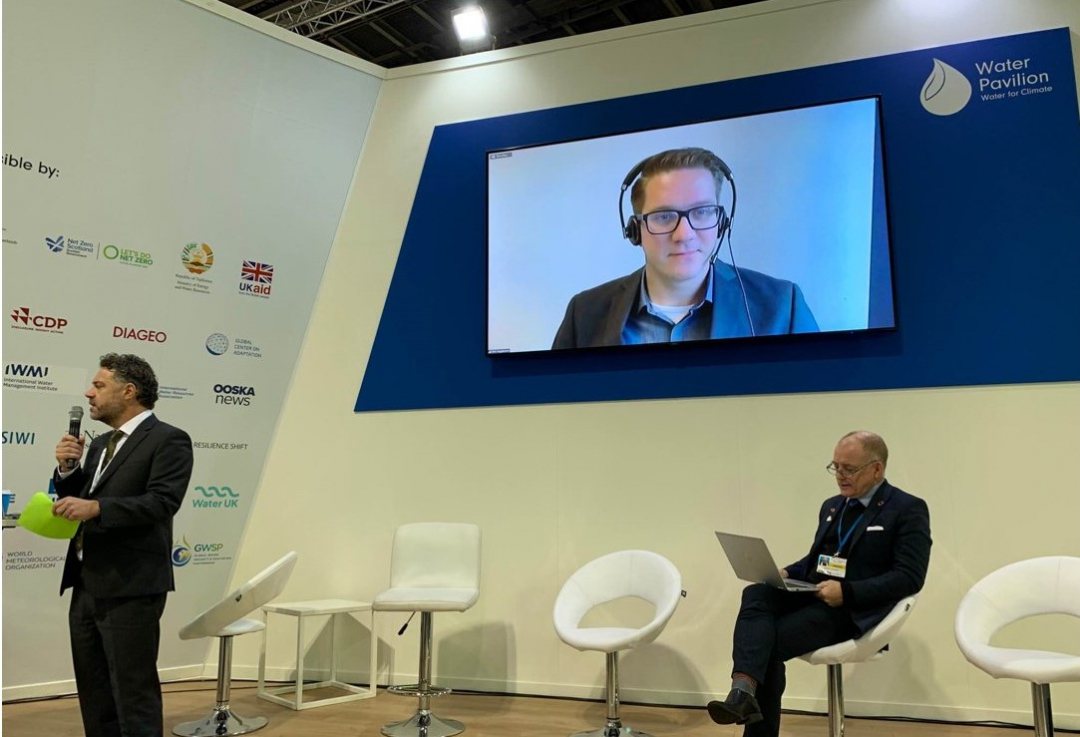

Real footprint reduction
Professor Hoekstra died in 2019 and the current director of the network, based in Enschede, the Netherlands, is Rick Hogeboom. He hopes that the declaration will generate more involvement and real reductions. ‘Multinationals use the water footprint to map their dependencies on water and their water-related risks. However, the large-scale reduction of water footprints is unfortunately often lacking’, Hogeboom concludes.
Hogeboom is optimistic about this new initiative. The declaration calls on governments and civil society to start contributing to reduce the water footprint. ‘This allows for creating sustainability in the international supply chain and trades of products.’ But he is also aware that it is very difficult for a country to reduce its water footprint. ‘It will not be easy to achieve a fair water footprint by 2030.’
During the session, Hogeboom offered the assistance of his network organisation to all parties that sign the declaration.




